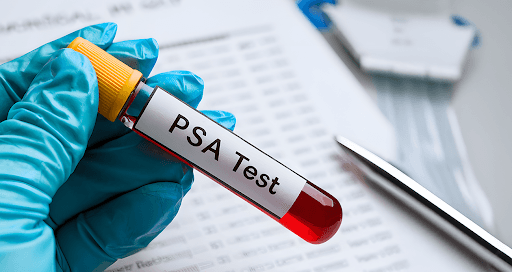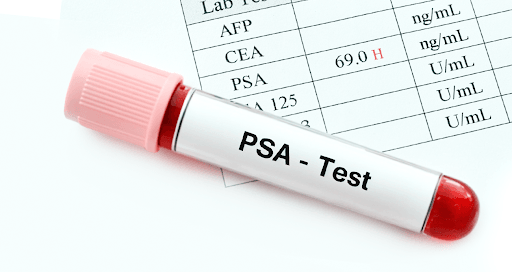
PSA (Prostate-Specific Antigen) is a protein produced by the prostate gland, a small organ located below the bladder in men. It's primarily found in semen, but small amounts also circulate in the bloodstream.
The PSA Test is a blood test used to measure the level of PSA in your blood. While an elevated PSA level can be a sign of prostate cancer, it can also be caused by other conditions such as benign prostatic hyperplasia (BPH) or prostatitis (inflammation of the prostate).
It's important to note that a PSA test is not a definitive diagnosis for prostate cancer.
If your PSA level is elevated, your Uro-Oncologist may recommend further testing, such as a digital rectal exam or a prostate biopsy, to determine the cause.







